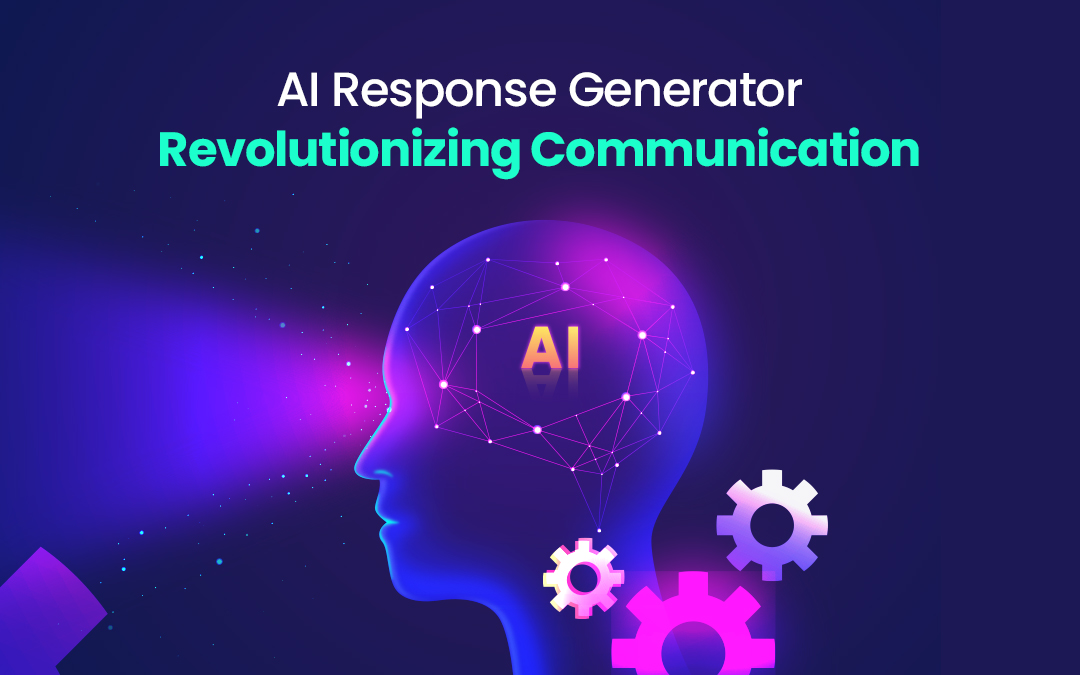
Artificial Intelligence (AI) is revolutionizing numerous fields and medicine is no exception. The integration of AI into healthcare is not just enhancing efficiency but also improving patient outcomes and redefining the possibilities of medical science.
Here’s a comprehensive look at how AI is transforming the field of medicine.

Learn more: The Role of AI in Personalizing Customer Experience – Ganhzeh
AI in Diagnostic Imaging
One of the most prominent applications of AI in medicine is in diagnostic imaging. AI algorithms, particularly those based on deep learning, are adept at analyzing medical images such as X-rays, MRIs, and CT scans. These algorithms can detect patterns and anomalies that might be missed by human eyes.
For instance, AI systems can help in identifying tumors, fractures, or other abnormalities with high accuracy. They assist radiologists by flagging potential issues and providing a second opinion, which enhances diagnostic precision. Studies have shown that AI can match or even surpass human radiologists in diagnosing certain conditions, such as breast cancer or lung cancer.
Personalized Medicine and Treatment Plans
AI is also playing a crucial role in personalized medicine, where treatments are tailored to individual patients based on their genetic makeup, lifestyle, and other factors. AI systems analyze vast amounts of data from medical records, genetic information, and clinical studies to recommend personalized treatment plans.
For example, AI can predict how a patient might respond to a particular drug based on their genetic profile, thereby minimizing adverse effects and improving the efficacy of treatments. This personalized approach not only optimizes outcomes but also reduces the trial-and-error approach traditionally used in medicine.
Drug Discovery and Development
The process of drug discovery and development is traditionally long and costly, often taking over a decade and billions of dollars. AI is accelerating this process by analyzing massive datasets to identify potential drug candidates and predict their effectiveness.
Machine learning algorithms can analyze chemical properties, biological data, and clinical trial results to uncover new drug candidates or repurpose existing drugs for new uses. AI can also simulate drug interactions and side effects, which speeds up the preclinical phase and reduces the likelihood of late-stage failures in clinical trials.
AI in Predictive Analytics
Predictive analytics, powered by AI, is transforming how healthcare providers anticipate and manage patient needs. By analyzing historical data, AI can forecast disease outbreaks, predict patient admissions, and identify at-risk populations.
For example, AI models can predict the likelihood of a patient developing conditions such as diabetes or heart disease based on their medical history and lifestyle factors. This enables early intervention and preventative measures, potentially reducing the incidence of severe health issues and improving overall population health.
Enhancing Patient Care with Virtual Assistants
AI-driven virtual assistants are becoming increasingly common in healthcare settings. These assistants can provide patients with information, schedule appointments, and even offer preliminary medical advice based on symptoms described by the user.
For instance, AI chatbots can triage symptoms, provide information on medications, and remind patients about their appointments or medication schedules. This not only improves patient engagement and compliance but also alleviates the workload on healthcare professionals, allowing them to focus on more complex tasks.
Improving Administrative Efficiency
AI is also streamlining administrative processes in healthcare, which helps reduce operational costs and enhance efficiency. AI-powered systems can automate tasks such as medical coding, billing, and patient scheduling.
For example, natural language processing (NLP) algorithms can transcribe and interpret physician notes, reducing the time spent on documentation. Automated scheduling systems can optimize appointment times, minimize no-shows, and balance the workload among healthcare providers.
AI in Robotic Surgery
Robotic surgery is another area where AI is making significant strides. AI-powered robotic systems assist surgeons in performing complex procedures with high precision. These systems provide enhanced dexterity, stability, and control, which can lead to less invasive surgeries, reduced recovery times, and improved patient outcomes.
Robotic systems can also use AI to analyze surgical data in real-time, providing feedback and suggestions to the surgeon. This integration of AI enhances the accuracy of procedures and reduces the risk of complications.

Ethical Considerations and Challenges
While the benefits of AI in medicine are substantial, there are also ethical considerations and challenges that need to be addressed. Issues such as data privacy, algorithmic bias, and the need for transparency in AI decision-making are critical.
Ensuring the privacy and security of patient data is paramount, especially as AI systems rely on vast amounts of sensitive information. Additionally, addressing biases in AI algorithms is crucial to ensure that all patient populations receive equitable care. Transparent and accountable AI practices are essential to maintain trust in these technologies.
The Future of AI in Medicine
Looking ahead, the potential for AI in medicine is vast. As technology continues to evolve, AI will likely play an even more significant role in transforming healthcare. Advancements in AI could lead to breakthroughs in areas such as genomics, telemedicine, and personalized treatment strategies.
The integration of AI with other emerging technologies, such as blockchain for secure data sharing and augmented reality for surgical training, could further enhance its impact. Collaborative efforts between technologists, healthcare professionals, and policymakers will be crucial in shaping the future of AI in medicine and ensuring its benefits are realized across the healthcare system.
Conclusion
AI is undeniably transforming the field of medicine, offering unprecedented opportunities for improving diagnosis, treatment, and patient care. From enhancing diagnostic imaging to accelerating drug discovery and personalizing treatment plans, AI is reshaping how healthcare is delivered. However, it is essential to address ethical considerations and challenges to fully harness the potential of AI while ensuring that it benefits all patients equitably.
As we continue to explore and implement AI technologies, the future of medicine promises to be more efficient, precise, and personalized, ultimately leading to better health outcomes and a more effective healthcare system.









Thank you for your articles. They are very helpful to me. May I ask you a question?
Thank you for your articles. They are very helpful to me. Can you help me with something?
Can you write more about it? Your articles are always helpful to me. Thank you!
Thank you for your articles. I find them very helpful. Could you help me with something?
Thanks for posting. I really enjoyed reading it, especially because it addressed my problem. It helped me a lot and I hope it will help others too.